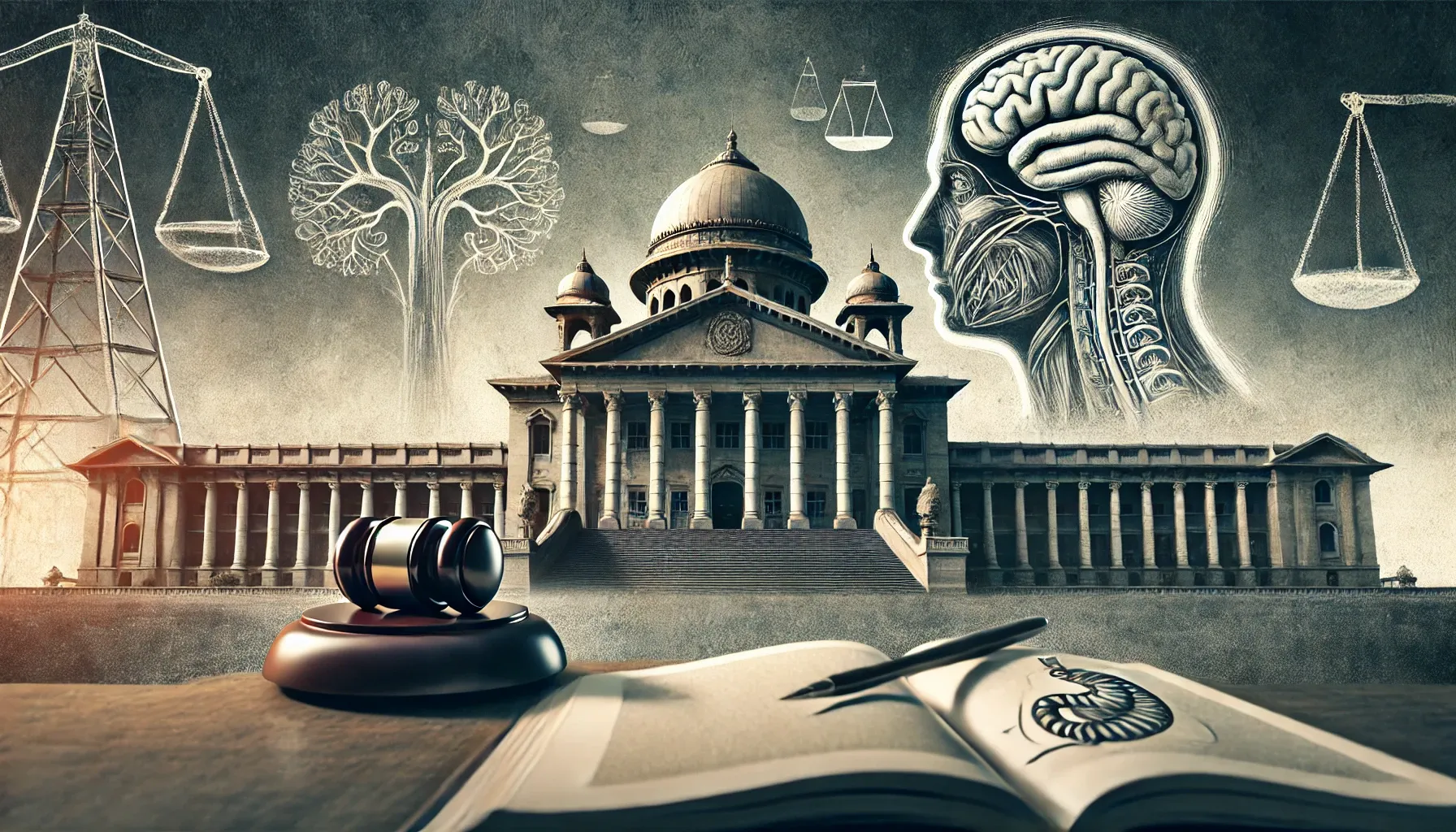The Kerala High Court dismisses PIL challenging brain death certification and upholds the constitutional validity of THOTA, emphasizing Parliament’s authority to define medical standards for brain death.

The Kerala High Court recently dismissed a Public Interest Litigation (PIL) petition challenging the validity of brain death certification in India and the constitutional validity of Sections 2(d) and 2(e) of the Transplantation of Human Organs and Tissues Act (THOTA), 1994. These sections define what constitutes brain death and the criteria for organ donation. The petitioner, Dr. S Ganapathy, a 73-year-old medical practitioner, raised concerns about the scientific validity of brain death certification in India, alleging that hospitals may be declaring patients brain dead without following a reliable, standardized procedure. The Kerala High Court, however, held that Parliament is the sole authority in defining medical standards like brain death and emphasized that such legislative decisions cannot be judicially reviewed by courts.
Key Highlights:
- Court's Ruling:
- The Bench of Justice A Muhamed Mustaque and Justice P Krishnakumar emphasized that brain deathis recognized in India through definite medical procedures established by Parliament.
- "The Court’s hands are tied. Parliament, in its wisdom, recognizes brain death through a definite medical procedure," the Court observed, and clarified that this definition could not be subject to judicial review.
- Dr. S Ganapathy's Petition:
- Dr. Ganapathy, a 73-year-old petitioner, first approached the Court in 2017, raising concerns over malpractices by hospitals in declaring patients brain dead.
- He argued that brain death lacked scientific validity and violated Article 21 of the Constitution, which guarantees the right to life.
- The petitioner highlighted incidents where patients declared brain dead regained consciousness or gave birth while on life support, questioning the reliability of the process.
- Court’s Response to Petition:
- The Court acknowledged that while misdiagnosis might occur, it did not undermine the broader medical consensus on brain death.
- It dismissed concerns over the absence of a prescribed time frame for declaring brain death, as these were addressed by medical professionals using standardized procedures under THOTA.
- Parliament's Authority:
- The Court stressed that Parliament had legislated the definition of brain death, making it a matter of policy that could not be subject to judicial review.
- "The Court cannot now enter upon a controversy to define what is brain death or not," the Court stated, affirming that Parliament is the sole authority on such matters.
- The Court also cited Aruna Ramachandra Shanbaug v Union of India, which recognized brain death as "the end of life."
- Sections 2(d) and 2(e) of THOTA:
- Section 2(d) of THOTA defines brain stem death as the irreversible cessation of all brain functions.
- Section 2(e) describes a deceased person as someone whose vital functions have ceased either due to brain stem death or in a cardiopulmonary sense.
- These sections were upheld by the Court, which found no constitutional or legal flaw in their provisions.
- Supreme Court Precedents:
- The Court relied on Supreme Court rulings like Jacob Puliyel v Union of India and In Re: Section 6A of the Citizenship Act, 1955 to reiterate that policy decisions by Parliament cannot be judicially reviewed merely because alternative views exist.
- Dismissal of the PIL:
- The Court ultimately found no merit in the PIL and dismissed the petition, reiterating that the definition of brain death and the regulatory framework surrounding it falls solely under the purview of Parliament.
Key Legal Implications:
- Parliament’s Role in Defining Medical Standards:
- The Court reinforced the notion that medical definitions and standards are for Parliament to establish and not for the judiciary to redefine, especially in areas of medical science.
- Brain Death Certification in India:
- The decision upholds the legal framework for brain death certification under THOTA, which sets a clear process for declaring brain death and facilitates organ donation.
- Judicial Review of Legislative Decisions:
- The judgment underscores the limitation of judicial review in matters of policy and legislation related to medical definitions, recognizing the role of Parliament as the competent authority.
Case Title: Dr S Ganapathy v Union of India & ors.
Attachment:





